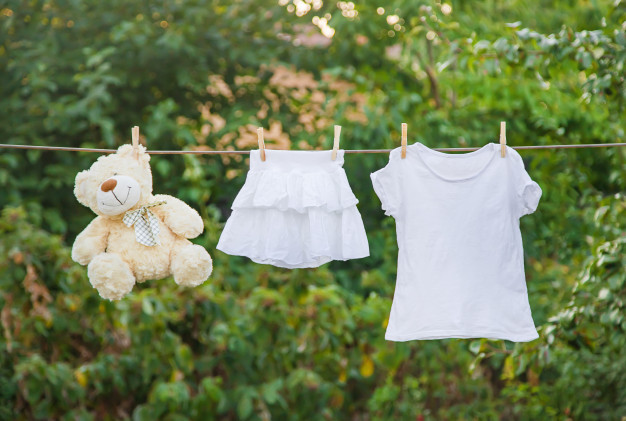As parents, we strive to provide the best for our little ones, including the clothes they wear. In recent years, there has been a growing awareness of the importance of sustainable practices in baby clothing manufacturing. From the materials used to the production processes employed, choosing sustainably made baby clothing has numerous benefits for both our children and the environment. In this blog post, we will explore why sustainable practices in baby clothing manufacturing matter and how they contribute to a healthier and more sustainable future.
1.Protecting Our Children’s Health:
Conventional manufacturing processes often involve the use of harmful chemicals, such as synthetic dyes, pesticides, and flame retardants. These chemicals can linger in the fabric and come into direct contact with a baby’s delicate skin, potentially leading to skin irritations, allergies, and other health issues. Sustainable baby clothing manufacturers prioritize the use of organic and natural materials, which are free from toxic chemicals, making them safer and gentler on our children’s skin.
2.Preserving the Environment:
The fashion industry has long been associated with environmental degradation due to excessive resource consumption and pollution. Sustainable practices in baby clothing manufacturing aim to minimize these negative impacts. Manufacturers use eco-friendly materials like organic cotton, bamboo, or recycled fibers, which require fewer pesticides and water during cultivation. They also implement responsible manufacturing processes, reducing waste, and implementing recycling initiatives. By choosing sustainable baby clothing, we contribute to the preservation of natural resources and reduce our carbon footprint.
3.Supporting Ethical Production:
Sustainable baby clothing manufacturers prioritize ethical production practices. This includes fair wages, safe working conditions, and workers’ rights throughout the supply chain. By choosing clothing from companies committed to ethical production, we support the well-being and livelihoods of the individuals involved in manufacturing the clothes we dress our babies in. It allows us to make a positive impact on the lives of workers and ensures that our purchases align with our values of social responsibility.
4.Longevity and Durability:
Sustainable baby clothing is often designed and manufactured with durability in mind. High-quality materials and craftsmanship result in garments that can withstand the wear and tear of active babies. This longevity not only saves money in the long run but also reduces the amount of clothing waste generated. By investing in durable and sustainable baby clothing, we promote a culture of mindful consumption and minimize our contribution to the fast fashion cycle.
5.Fostering Conscious Consumerism:
Choosing sustainable baby clothing sets an example for conscious consumerism and empowers future generations. By prioritizing environmentally friendly and ethically made products, we teach our children the importance of considering the impact of their choices on the planet and society. This instills in them a mindset of sustainability and responsibility, setting the stage for a lifetime of mindful consumption and advocacy for a better world.
Conclusion:
Sustainable practices in baby clothing manufacturing have far-reaching benefits for our children, the environment, and society as a whole. By opting for sustainably made baby clothing, we prioritize our children’s health, reduce our environmental impact, support ethical production practices, promote durability, and foster conscious consumerism. Each choice we make as parents has the potential to create a positive impact, and by choosing sustainable baby clothing, we contribute to building a healthier and more sustainable future for our little ones.



Recent Comments